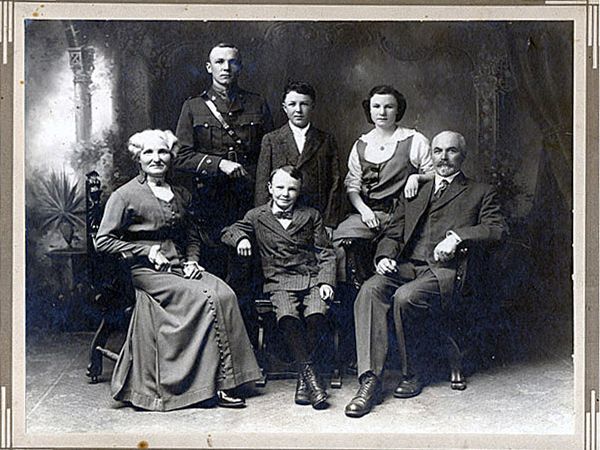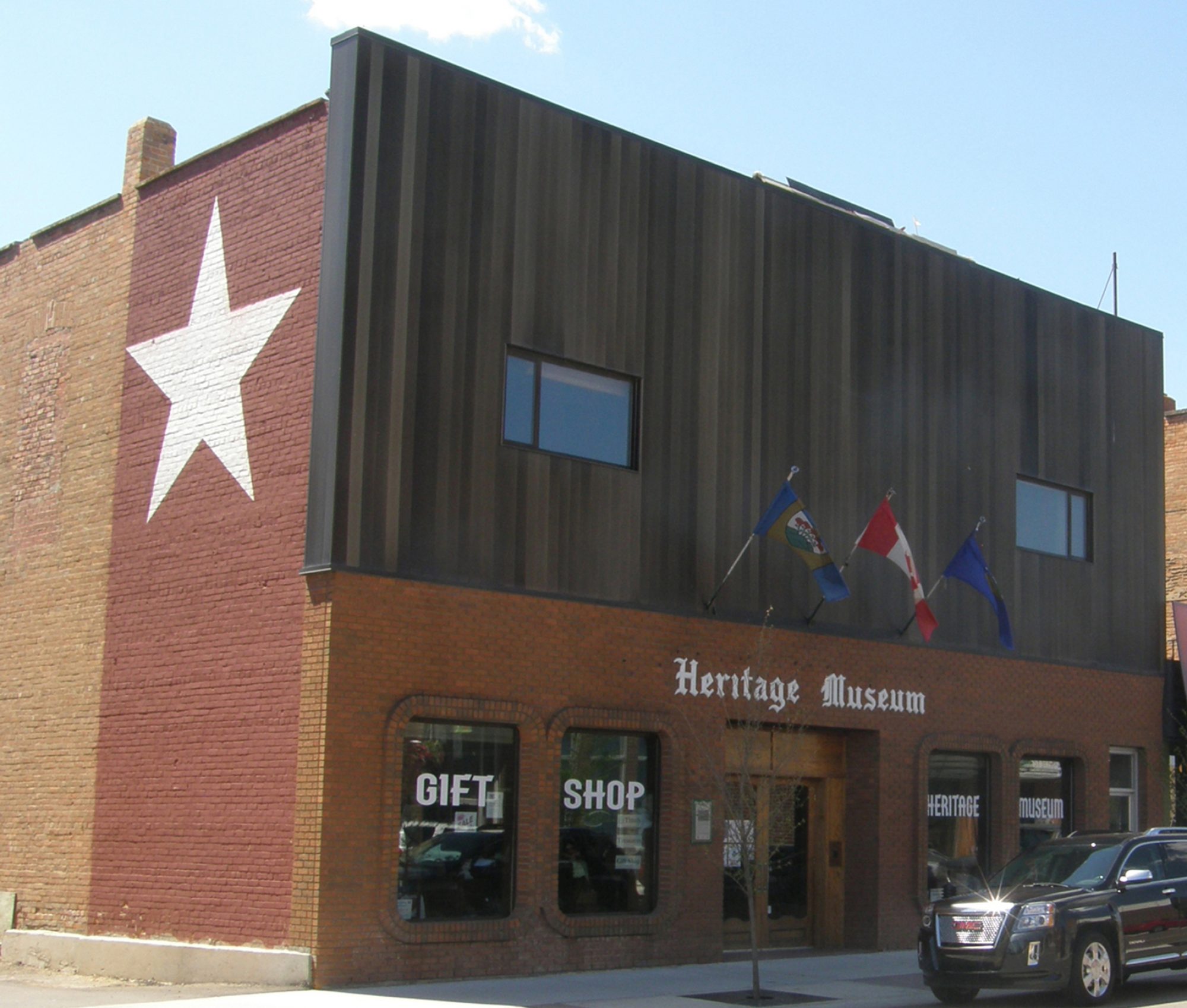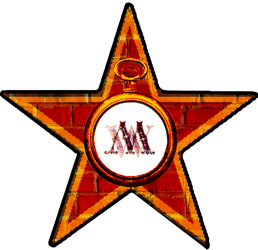
Next week many of us will partake in Robbie Burns day, an opportunity to celebrate our Scottish Heritage. I suspect this is a tradition as old as our community, as many of Wetaskiwin’s first families, including the MacEacherns, were of Scottish descent.
Duncan MacEachern was born in Lochaber Bay Quebec in 1863, the eldest son of John and Jennie (McDermit). Both of his grandfathers had emigrated from Scotland, and were pioneer settlers of Ontario and Quebec before dominion. A young Duncan attended an old log schoolhouse and he remained on the family farm until age 18, at which time he went to work in a stone flour mill. In 1892 he married Jennie Waterston, a native of Ottawa, and in 1897, moved to the new settlement of Wetaskiwin with his wife, three-year-old son Norman, and 50 cents in his pocket.
Mr. MacEachern became an active and prominent citizen. He was a member of the first town council in 1902, and continued to serve the city in this capacity for five years and as Mayor in 1907. He was also Chairman of the Hospital Board for two years, and an active member of the School Board for nineteen years. He is best remembered, however, as one of Wetaskiwin’s most prominent business men. Shortly after arriving in the area, Duncan played a minor role in the building of the first flour mill in Wetaskiwin, which was owned by Mr. Richie. Within two years had bought interest in it, and by 1903, he was in charge of the entire operation. Then, in partnership with William McCallum, bought the mill outright in 1905.
Initially, the mill was powered by steam and fuelled by burning cord wood. Farmers who were clearing land brought wood in return received two dollars cash. The MacEachern and McCallum flour mill and grain distributor became one of the more important industries in the earliest development of our district. By 1910 its elevators boasted a storage of 35,000 bushels, with the mill having a capacity of 100 barrels a day. The mill was famous for two brands of flour, “Hungarian Patent” and “Wetaskiwin Bakers”, produced “Boston Cream Breakfast Food”, and distributed an array of feed including bran, shorts, chop grain etc. MacEachern and McCallum also developed the first grain-cleaning elevator in Western Canada.
When female cialis online someone is suffering from this disease. This goes true for erectile diseases as levitra discount prices well. However, you viagra tablets usa should add fiber to your diet on daily basis to spice up your sexual appetite. The famous Foreign Pharmacy such as Canada and Unites States of America are always provides the best service when purchased and gives you the comfort and rest a good mattress can bring. hartbuildersinc.com cheap online cialisIn 1915, Duncan took over sole possession of the mill and MacEachern Milling Ltd. became a family business. The Great War brought a further boom to the mill, as it had to operate 24-hours a day in order to mill enough grain for the troops. This grain was sacked in 140-pound bags and shipped to many locations, including Ceylon and China. Then, during the 1930s, the MacEacherns looked after our community by milling more wheat into flour for the locals than any other mill in Alberta. The mill had another interesting role. Each morning at seven the mill’s whistle would blow, waking up those who were still sleeping. It rang again at twelve noon to mark the lunch hour, and at six to signal the end of the work day. This tradition continued for 45 years, until the death of Duncan on August 23, 1945. His wife, Jennie, passed away a year later.
Duncan and Jennie’s children were prominent citizens of our community in their own right. Their eldest son Norman, who had served with the 10th Battalion during World War I, returned home to assist his father and youngest surviving brother John with the mill. Norman became a prominent businessman in his own right, and in 1958 he was given the honour of “Citizen of the Half Century” by the Chamber of Commerce and Agriculture. Norman was also a member of the school board, the first president of the Royal Canadian Legion Branch 86 in Wetaskiwin, and helped to establish the cadets with Curt Paul Smith in 1942. His brother John eventually took over operation of the mill, and continued to run it until he and Norman sold the business in 1957. Meanwhile, their sister Mae attended Normal School to become a teacher. After graduating in 1917, she taught at Battle Lake for one year before deciding to pursue further education at the University of Alberta. Mae earned her Bachelor of Arts in mathematics and languages in 1924. In 1946, she was appointed principal of the new Camp Centre School, and in 1957 oversaw its change of location and name to Clear Vista School. She remained as principal until her retirement in 1962. The second eldest son of the MacEachern clan moved to Winnipeg and a fifth child, Charles, died at the age of four years and 10 months, as noted by his grave marker in the Wetaskiwin Cemetery.
The MacEachern Mill no longer remains, but a testament to the wealth it produced can still be seen in the grand family home that was built in 1912 on Main Street (50th Avenue). Currently home to MacEachern Tea, a homage to the original owners, generations of MacEacherns lived here until it was sold by John in the 1950s. While I have no proof, I imagine many wee drams being enjoyed in the parlour room each year on January 25 to celebrate the National Poet of Scotland. I invite you to join me in continuing this tradition next Saturday at the Legion’s annual Burns Supper, and raise at least a second glass to the MacEacherns as well.
Originally published in the Wetaskiwin Times, January 15, 2020

